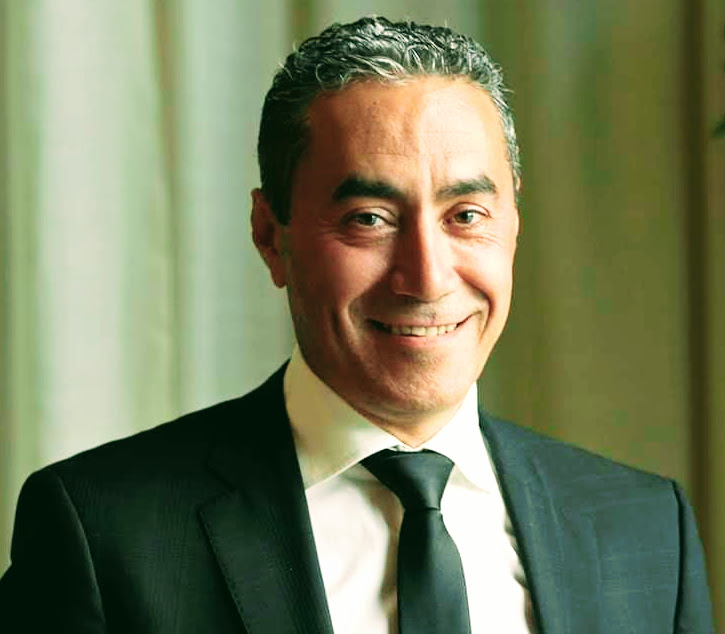Welcome to LFC Localization Fireside Chat Episode #63
👉Click to Watch the full episode here https://youtu.be/ffrrd3qnrRI!

Introduction:
In a recent engaging episode of the Localization Fireside Chat podcast, myself the host Robin Ayoub chatted with Konstantin Dranch, the Founder of www.Custom.MT. We explored the changing world of localization and the significant role machine translation is playing in its evolution. Dranch shared his experiences and insights, focusing on the advancements of large language models like GPT-3 and GPT-4, and stressed the importance of maintaining high-quality translation standards. This post will cover the main points from their enlightening discussion.
The Evolution of Machine Translation:
Dranch pointed out a major shift from old-school machine translation techniques to today’s sophisticated language models. Unlike in the past, where heavy technical expertise was necessary, modern models like GPT-3 and GPT-4 offer flexibility and user-friendliness, allowing language experts to tailor translations more directly and efficiently.
The Importance of Quality in Machine Translation:
Quality remains a top priority in machine translation, Dranch emphasized during the podcast. He acknowledged that while factors like speed and cost are important, accuracy is critical, especially in fields like healthcare and technical documentation where mistakes can be costly. However, for less critical applications such as real-time chat translations in games, speed might take precedence over perfect accuracy.
Navigating Challenges During COVID-19:
Dranch shared how Custom AI thrived during the COVID-19 pandemic thanks to its strong virtual setup. He noted that the pandemic leveled the playing field, allowing smaller companies to more effectively compete with industry giants. The shift towards online platforms and virtual interactions has opened new doors and reduced costs for many in the industry.
Changing Roles in Project Management:
The podcast also touched on how the role of project managers is evolving in the localization field. With the increasing reliance on technology, there’s a growing need for project managers, even as the demand for traditional translation roles changes. Dranch believes project managers must embrace technology and automation to efficiently manage increasing work volumes while maintaining personal customer relationships.
Looking Forward:
Dranch is optimistic about the integration of AI in localization and encourages industry professionals to embrace these changes. He advocates for ongoing learning and adaptation to harness the full potential of AI and machine translation in enhancing work processes.
Conclusion:
Robin Ayoub and Konstantin Dranch’s discussion provided valuable insights into the shifting landscape of the localization industry and the integral role of machine translation. As we witness the rise of advanced language models and evolving professional roles, the industry must adapt and innovate. Embracing new technologies while focusing on quality and effective customer relations will be key to navigating future challenges and opportunities in localization.
Until next time this is Robin Ayoub Signing off



Leave a comment